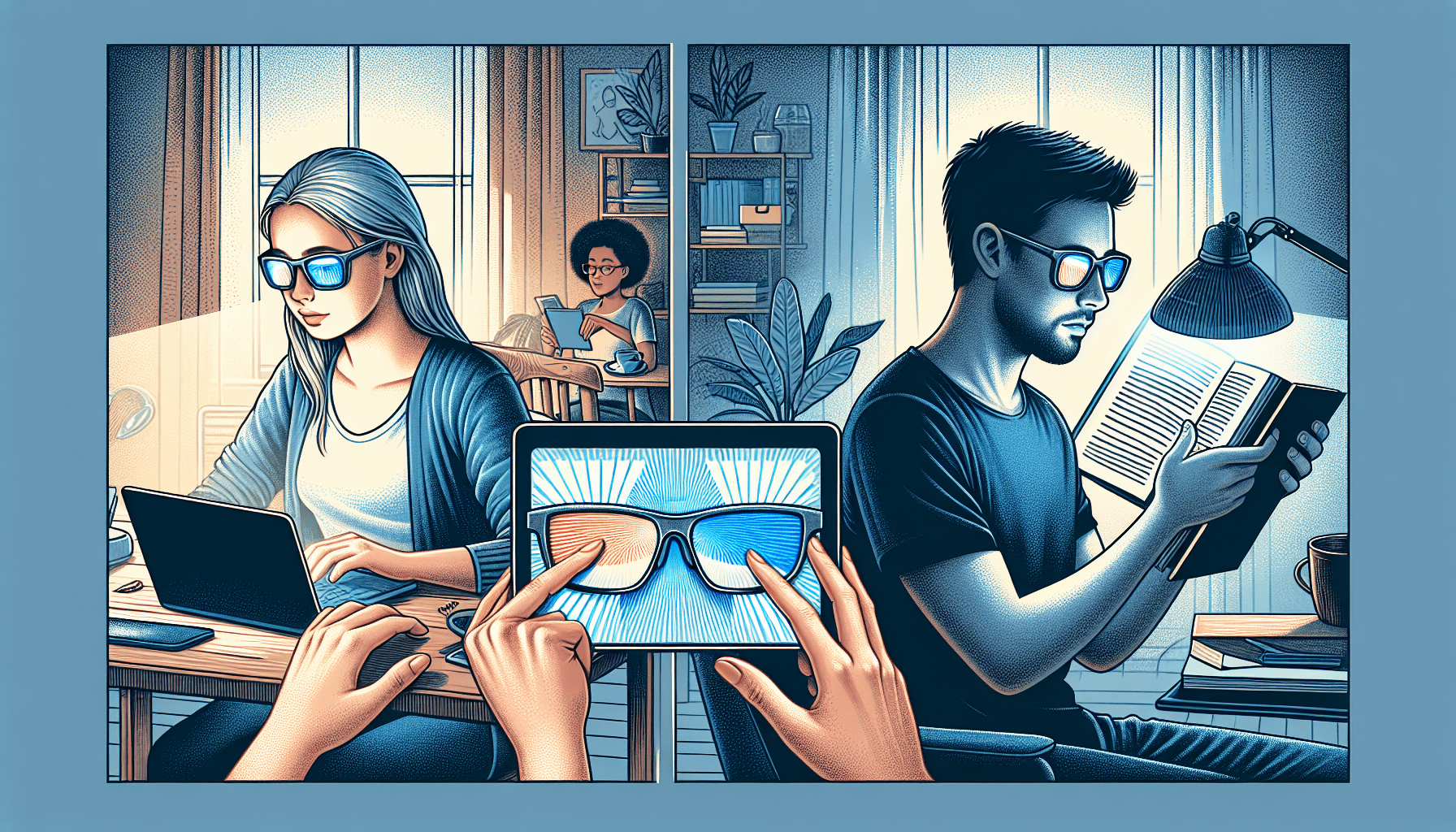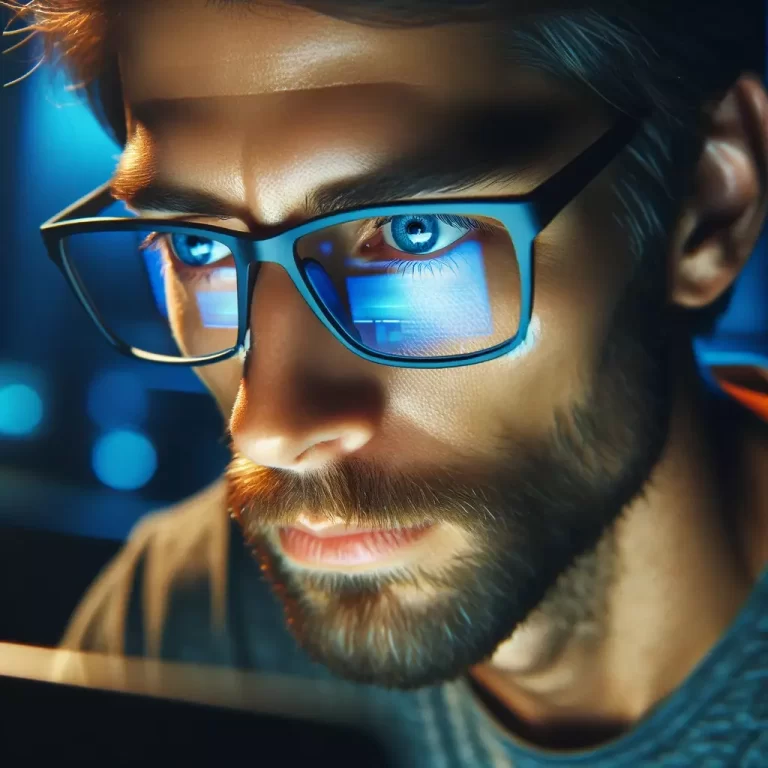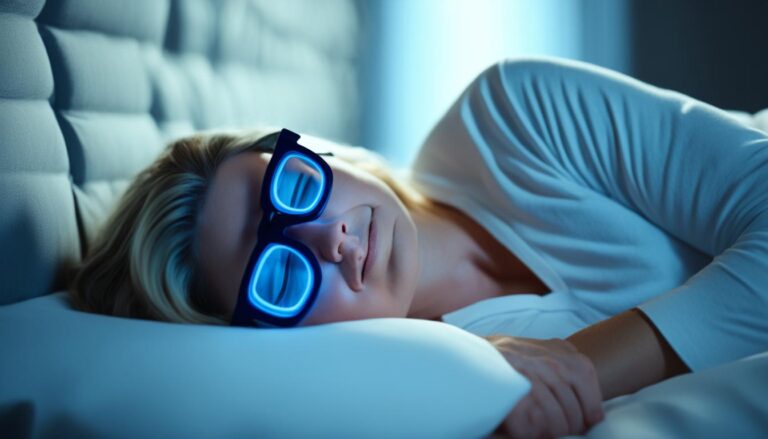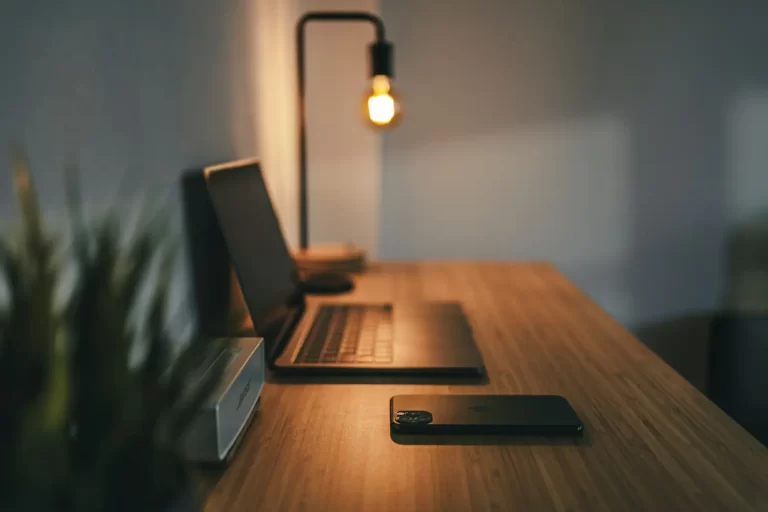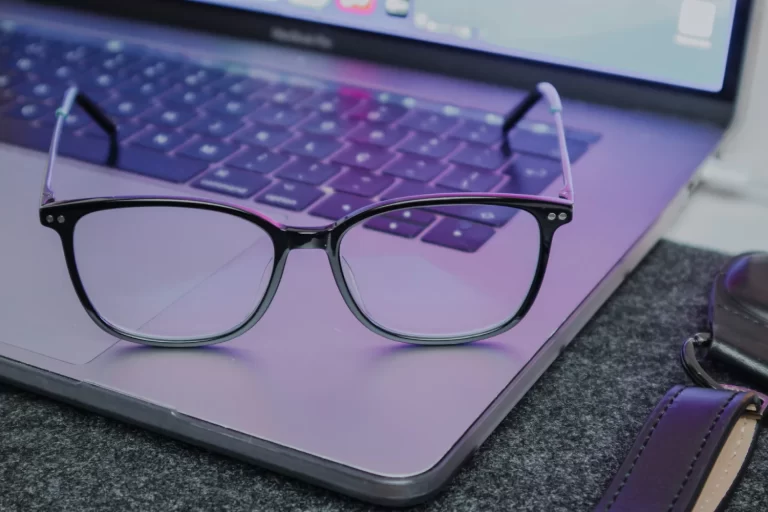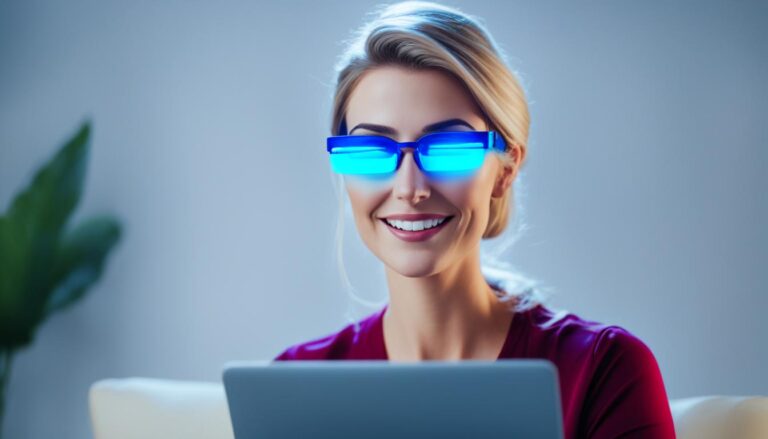when to wear blue light glasses
When To Wear Blue Light Glasses
Hey there! Are you finding yourself spending more and more time in front of screens these days? Well, you’re not alone! With the rise of technology, it’s become practically impossible to avoid our digital devices. However, all that screen time may come with some negative effects. That’s where blue light glasses come in. These nifty eyewear accessories are designed to filter out the harmful blue light emitted by screens, helping to reduce eye strain and improve sleep quality. But when is the best time to wear them? Let’s explore that and discover how blue light glasses can be your new best friend in the digital age.
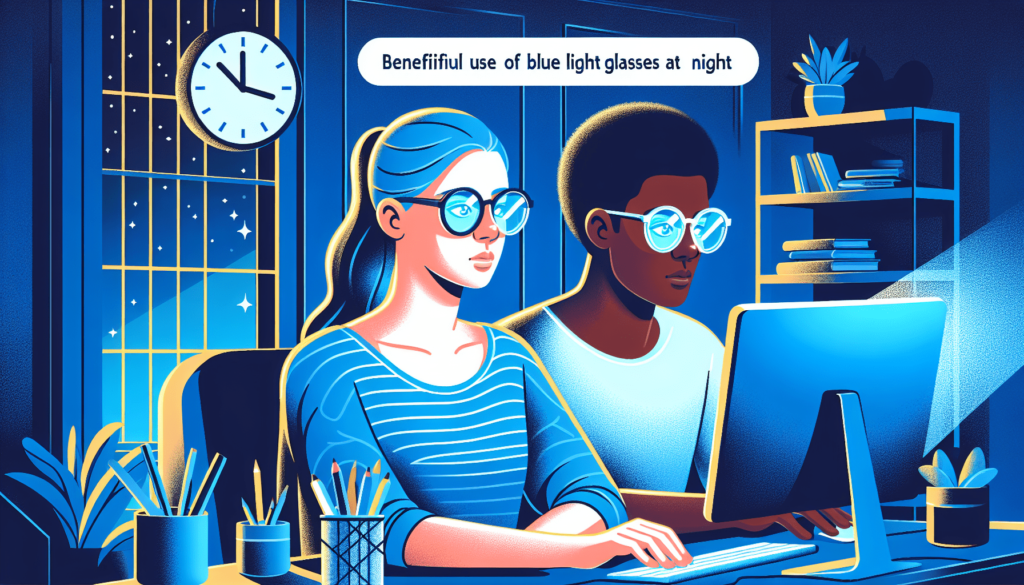
Working on Screens
Spending long hours in front of screens has become a common part of many people’s lives. Whether you’re working in an office environment, freelancing from home, or simply enjoy spending time on your computer, it’s important to be aware of the potential impact on your eyes. Frequent computer users often experience symptoms such as eye strain, dryness, headaches, and fatigue. These issues can be attributed to various factors, including the blue light emitted by screens, poor lighting conditions, and excessive screen time. To protect your eye health and enhance your overall visual comfort, it’s crucial to take proactive measures.
Digital Devices Usage
In today’s digital age, most of us rely heavily on smartphones and tablets. Whether we’re scrolling through social media, responding to emails, or watching videos, our digital devices have become an integral part of our daily routines. However, extensive usage of these devices can take a toll on our eyes. The smaller screens and close proximity increase the strain on our eyes, leading to symptoms such as eye fatigue, dryness, and headaches. Additionally, playing video games for extended periods and watching movies or TV shows on screens can further contribute to eye strain.
Eye Health and Fatigue
Eye strain and dryness are common complaints among individuals who spend significant time in front of screens. The eyes become fatigued as we continuously focus on the screen, leading to discomfort and a decrease in visual performance. Frequent headaches or migraines can also be a result of eyestrain and can significantly impact productivity. Moreover, after prolonged screen use, many individuals often feel tired and fatigued. These symptoms can be attributed to a combination of factors, including blue light exposure and reduced blinking rates during screen use.
Poor Lighting Conditions
When it comes to screen usage, lighting conditions play a crucial role in our eye health. Using screens in dimly lit spaces or working in low-light environments can strain our eyes even further. Insufficient lighting can lead to increased squinting and a higher demand on our visual system, causing eye fatigue and discomfort. On the other hand, exposure to fluorescent or LED lighting can also have detrimental effects on our eyes. These artificial lights emit harsh and oftentimes flickering light, which can increase eye strain and contribute to headaches and migraines.
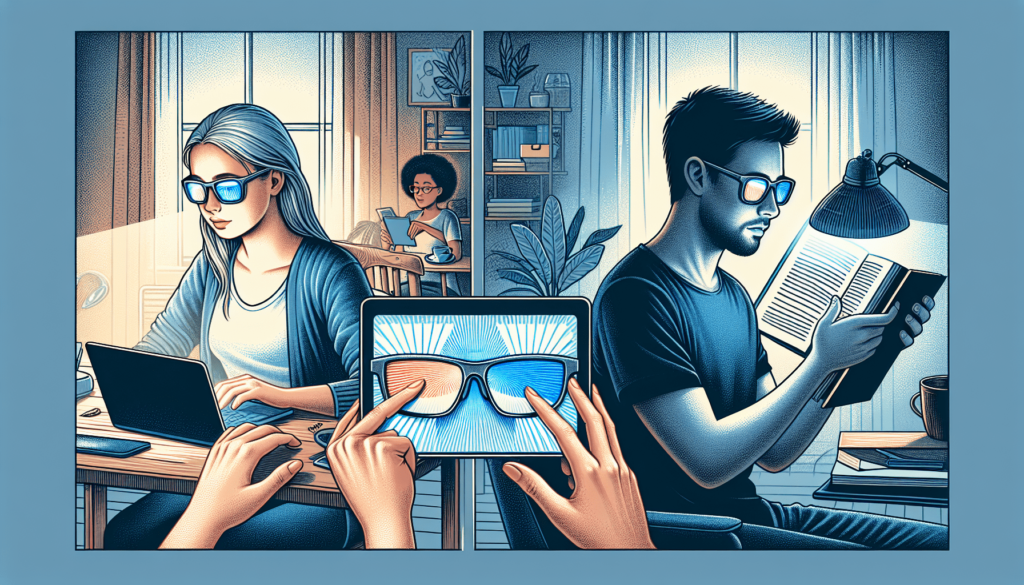
Nighttime Device Usage
Many of us have the habit of using screens before bedtime, whether it’s catching up on emails, scrolling through social media, or watching our favorite TV shows. However, this nighttime device usage can disrupt our sleep patterns and negatively impact our overall well-being. The blue light emitted by screens can suppress the production of melatonin, a hormone that regulates sleep. As a result, individuals may experience difficulty falling asleep, have disrupted circadian rhythms, and ultimately experience poorer sleep quality.
Preventing Digital Eye Strain
To prevent digital eye strain, there are several steps you can take. First and foremost, it’s essential to maintain proper posture and ergonomics while working on screens. Ensure that your screen is at an appropriate distance and angle, and that you are sitting in a comfortable position. Additionally, taking regular breaks from screen use, especially every 20 minutes, can help reduce eye strain and fatigue. During these breaks, look away from the screen and focus on a distant object to relax your eye muscles. Finally, adjusting screen brightness and contrast to levels that are comfortable for your eyes can alleviate some of the strain associated with intense screen use.
Protecting Eye Health
One effective way to protect your eyes from the potential harm of blue light is by using blue light glasses. These specially designed glasses feature lenses that filter out the harmful blue light emitted by screens, reducing the strain on your eyes. By wearing blue light glasses, you can not only minimize the risks of digital eye strain but also reduce the long-term risks of macular degeneration, a condition that can lead to permanent vision loss. Taking care of your long-term eye health is crucial, and blue light glasses offer a preventative measure to mitigate the effects of excessive screen time.
Enhancing Visual Comfort
Enhancing visual comfort while working on screens is essential to avoid discomfort and maximize productivity. One way to achieve this is by reducing glare and reflections from your screen. Glare can cause eyestrain and make it difficult to see clearly, so adjusting the screen angle and using anti-glare screen protectors can be beneficial. Furthermore, improving contrast and clarity can greatly enhance your viewing experience. Adjusting the display settings on your device can optimize the visuals, making it easier on your eyes and enabling you to work for extended periods without undue eye strain.
Preventing Sleep Disruptions
If you find yourself having difficulty falling asleep after screen time, it’s important to take steps to protect your sleep patterns. Blocking blue light, especially in the evening, can help promote the production of melatonin and signal to your body that it’s time to sleep. One way to achieve this is by using blue light-blocking apps or enabling built-in night mode features on your devices. These features alter the display settings, reducing the amount of blue light emitted. Additionally, creating a more favorable sleep environment, such as keeping your bedroom dark and free from screens, can further improve your overall sleep quality.
Overall Eye Protection
When it comes to protecting your eyes from potential digital eye strain, utilizing blue light glasses can be a simple and effective solution. Blue light glasses act as a shield, filtering out the harmful blue light emitted by screens and reducing the strain on your eyes. By wearing blue light glasses, you are taking a proactive step to protect your eyes from the potential long-term effects of excessive screen time. Remember, taking care of your eye health is crucial, and implementing strategies to minimize screen-related eye strain can preserve your vision for years to come.
Incorporating these preventative measures, such as wearing blue light glasses, adjusting screen settings, and practicing good screen habits, is essential in today’s digital world. By prioritizing your eye health and taking proactive steps to minimize the strain on your eyes, you’ll be able to work and enjoy your screen time more comfortably. So, next time you settle in for a long day of work or indulge in some screen-based leisure, don’t forget to protect your eyes and enhance your visual wellness. Your eyes will thank you for it!

